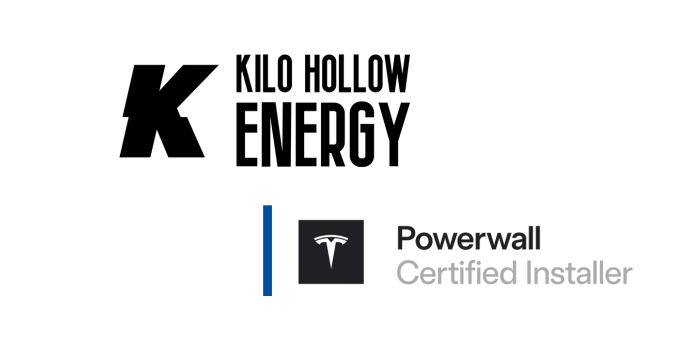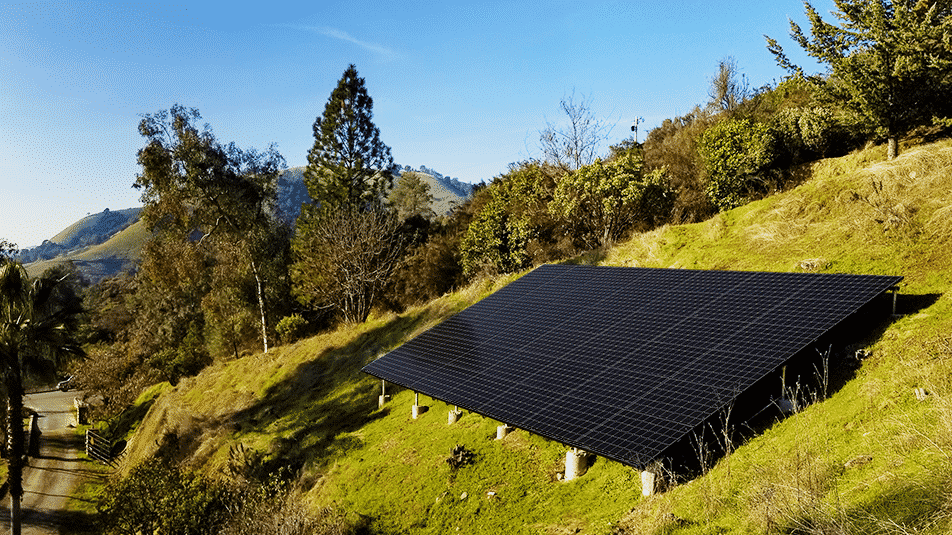
WE ONLY USE TRUSTED SOLAR MANUFACTURERS
Kilo Hollow has carefully chosen our partners and suppliers.
We are proud to be one of the few approved Tesla Energy Certified Installers in Virginia. The solar products our team recommend are truly the best in Virginia.

